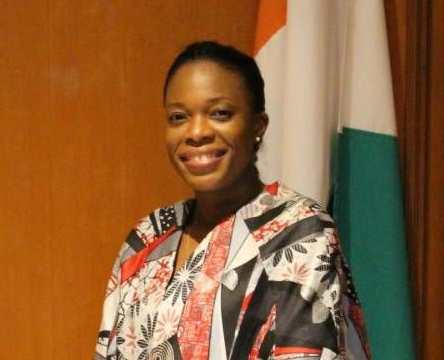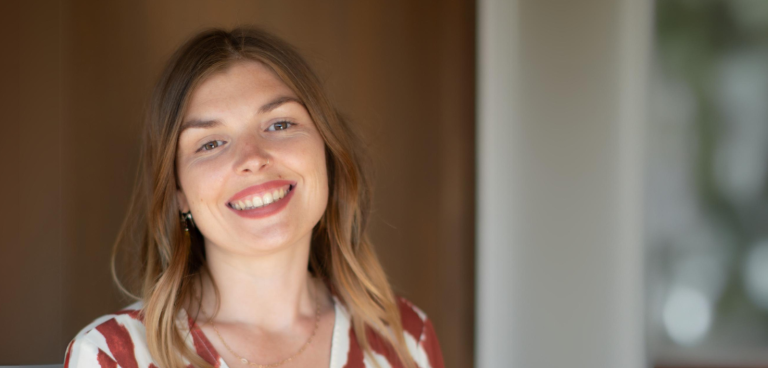Tell us a little about yourself
I was born in Abidjan, Côte d’Ivoire. I grew up in London and have been living and working in Geneva, Switzerland since 2007.
I have a background in trade policy with solid technical expertise in African trade and economics, trade-related technical assistance (TRTA) and women’s economic empowerment.
Where do you work and what is your role?
I am a Senior Advisor to the World Micro-corridors Ecosystems Agency (WMCEA), a new NGO that was recently created in Geneva.
The aim of WMCEA is to take advantage of the economic benefits and development impacts flowing from increased investments in trade and transport corridors to achieve the Sustainable Development Goals (SDGs).
How did you first hear about Kaya and HPass and what made you start your learning journey with us?
I had previously applied for a role as a Regional Trade Advisor in Western Africa, which required that I complete the mandatory courses before deployment, to reinforce my application.
I first heard of Kaya and HPass through this process. As I took part in the various courses, I thoroughly enjoyed going from one situation to the next. The courses are well explained and realistic. Having worked on the ground myself, I felt very much that the content was well-depicted.
What are your top three courses on Kaya?
Prevention of Sexual Exploitation and Abuse (PSEA)
Equality, Diversity and Inclusion
Advocacy in Humanitarian Settings
You were awarded your HPass Gold Level Learner of the Year badge – congrats! What inspired or motivated you with your learning?
The learning itself. As I went through the courses, I felt my appetite grow, which in itself challenged me to finish it, and it felt great.
Has your learning changed your outlook, perspective or approach to your humanitarian work? If so, could you give any examples?
The learning has changed my outlook, it’s opened my eyes to some of the challenges faced by our colleagues on the ground. I found most of the courses very relatable.
Do you have any tips or advice for women and girls who are interested in working in the humanitarian sector?
We need more women and girls in the system to transform it. Women make up almost 70% of the informal sector and their needs have not been thoroughly addressed in spite of the excellent work being done by the international development community.
At the WMCEA we envisage taking things a step further to economically empower informal sector women traders through various forms of support, notably through tailored entrepreneurship and business training adapted to their trading activities.

We need more women and girls in the system to transform it. Women make up almost 70% of the informal sector and their needs have not been thoroughly addressed in spite of the excellent work being done by the international development community.


